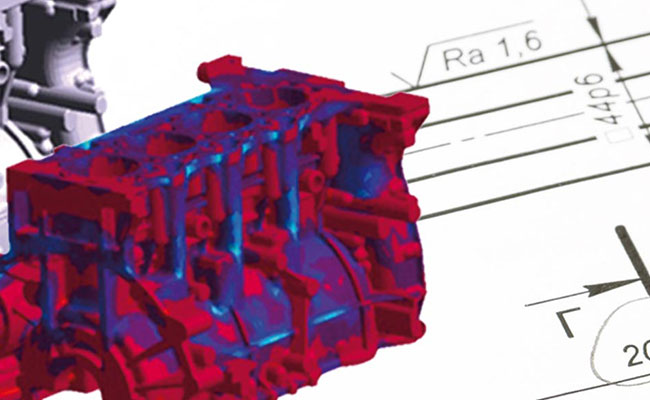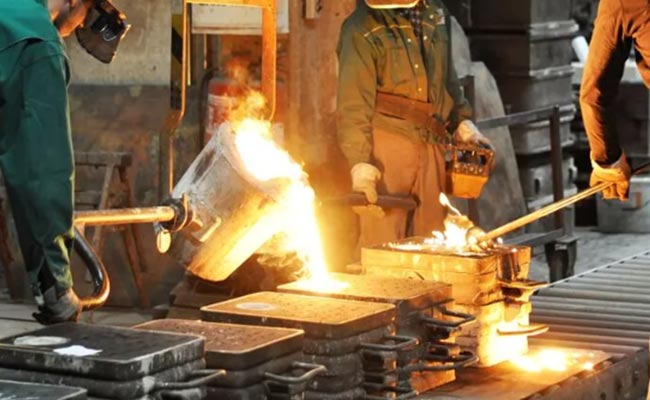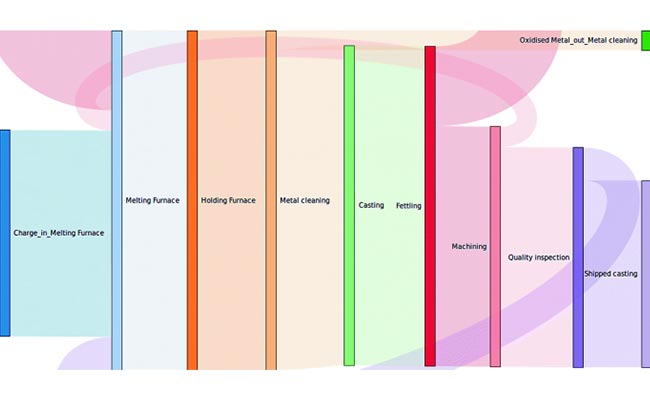
Meeting ISO Standards: Why Certification Matters in Metal Casting Part Two
2025-07-07
Heat-Resistant Alloys: Applications in Aerospace and Energy Part One
2025-07-22Requesting a quote from a foundry can be overwhelming if you’re new to metal casting. This guide simplifies the process, ensuring you provide the right details and ask the right questions.
1. Prepare Your Project Details
Gather the following information to help the foundry provide an accurate quote:
Metal Type: Specify the material (e.g., aluminum, iron, bronze) and grade.
Design Specifications:
Dimensions (length, width, thickness).
Weight (estimated or exact).
Tolerances (precision requirements).
Quantity: Estimate the number of parts needed (affects pricing and production method).
Technical Drawings: Provide CAD files, blueprints, or 3D models. If unavailable, describe the part in detail.
Application: Explain the part’s use (e.g., automotive, art), as this may influence material or process recommendations.
2. Understand Factors Influencing Cost
Key elements that affect pricing:
Material Costs: Rare or specialized metals increase expenses.
Quantity: Higher volumes often reduce per-unit costs.
Tooling: Custom molds or patterns incur upfront costs (critical for prototypes/small batches).
Lead Time: Rush orders may incur fees.
Surface Finish: Additional steps like machining or polishing add cost.
Certifications: Compliance with standards (ISO, ASTM) may raise costs but ensures quality.
3. How to Request the Quote
Contact Methods:
Online Form: Submit details via the foundry’s website.
Email: Send a structured request (see sample template below).
Phone/In-Person: Ideal for complex projects needing immediate discussion.
Include in Your Request:
Clear project overview.
Attachments (drawings, files).
Deadline and quantity.
Questions about certifications, MOQs (Minimum Order Quantities), or payment terms.
By following this guide, you’ll streamline the quoting process and ensure your project aligns with the foundry’s capabilities. Happy casting!




